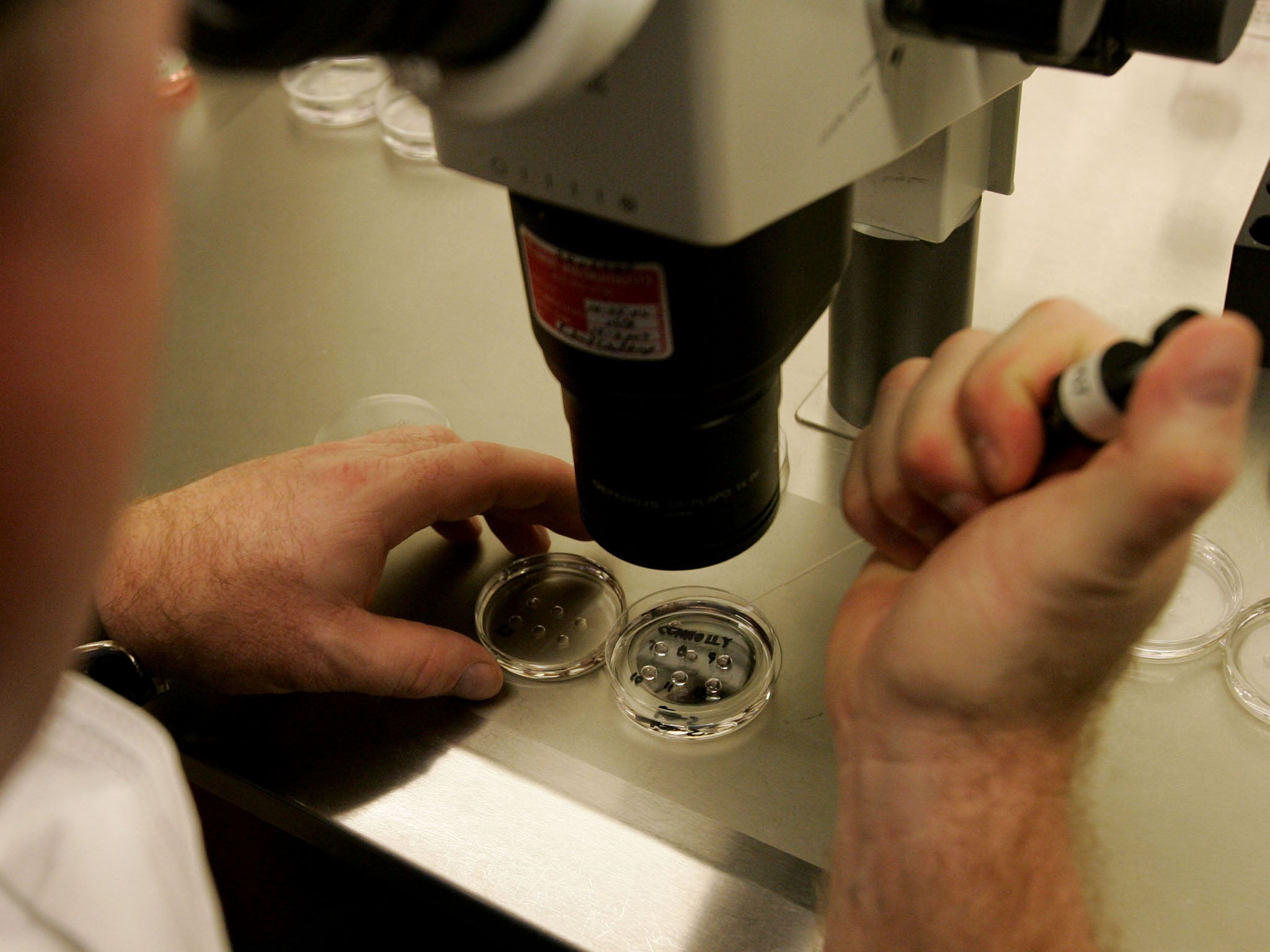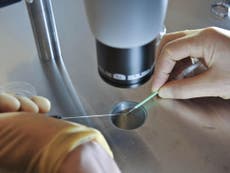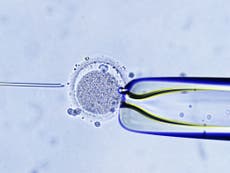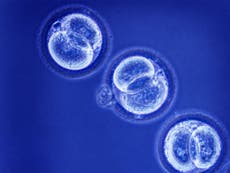It’s a miracle – but shouldn’t we look for a more sympathetic label than ‘three-parent babies’?
The Only Way is Ethics: As always, journalists love a snappy, simplified label


The decision by Parliament last week to permit third-party mitochondrial donation in some IVF pregnancies represents a remarkable achievement for science and democracy.
Media responses have been largely positive. There is, in the long-term, still much to be seen about the procedure’s efficacy. But from an ethical perspective, the majority view among commentators seems to have been that the positive impact for the small number of people who would otherwise be at risk of mitochondrial disease outweighs inherent anxieties about the genetic engineering involved.
Yet while the debates surrounding the issue are complex, journalists like a snappy label. Thus, headlines in the last week have simplified things: this is all about “three-parent babies”.
There is no denying the term’s neatness. The transfer of mitochondria from a third person during the standard IVF procedure will result in children whose DNA make-up differs from the norm. Around 0.01 per cent of their DNA will not be shared with their mother or father but instead with the individual who provides the healthy mitochondria.
However, one reader wrote to complain that the term was overly reductive and was likely to cause distress to couples having to consider mitochondrial donation. They would be led to feel that they were somehow lesser parents than those who had conceived their child without need for the procedure. And in the future, would a “three-parent” child feel differently towards their mother and father?
All this suggests that questions over the “three-parent baby” tag are more than merely semantic. It may be technically defensible in that it is a reasonable summation of the procedure, but is it ethically dubious if it causes anguish to children born by its use and their families?

There is a parallel, of course. The acronym IVF is now in common parlance and the technique is widely understood. But when it was being pioneered in the 1970s, the term for those conceived in vitro tended not to be “IVF babies” but “test-tube babies”. It is probably only in the last 20 years or so that the label has gradually lost its currency.
Some might have pointed out that “petri-dish babies” would strictly have been more accurate in any case. But more than that, the term has connotations of an unnatural, scientific process which some parents who are forced to take the IVF path find upsetting.
Indeed, a few months after my first child was conceived following three rounds of IVF and much heartache, I happened to open a newspaper to see a report of the first “test-tube baby” celebrating her 30th birthday. A friend remarked something to the effect of “those test-tube babies are a bit weird aren’t they?”
I felt outraged that someone might make such a daft statement. But I also felt irrationally upset at the idea that perhaps they were right. Would my child, conceived with help from clever people in a lab, be a kind of medical freak? As it turns out, a freak she may be but no more than any other five-year-old.
It is the media’s primary role to help readers understand what is going on in the world and a degree of simplification often assists that process. But it is important not to lose sight of the negative impact that labels and headlines can have on those most directly affected.
The couple whose child’s good health is made possible by the remarkable gift of mitochondrial donation are no lesser parents by virtue of a piece of genetic medicine. We could do worse than to look for a description of this wondrous advance which sums up its essence but doesn’t have the potential to undermine the emotional well-being of the very people it aims to help.
Will Gore is Deputy Managing Editor of The Independent, i, Independent on Sunday and the Evening Standard
Twitter: @willjgore




Join our commenting forum
Join thought-provoking conversations, follow other Independent readers and see their replies